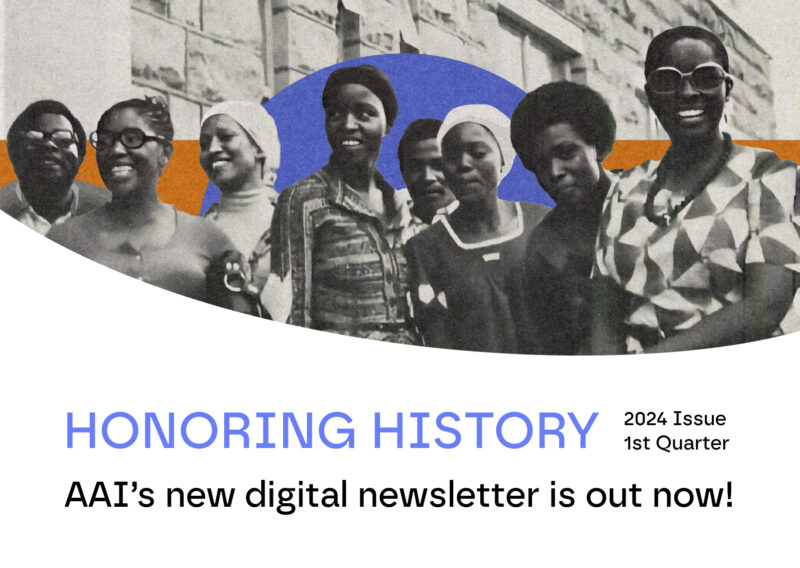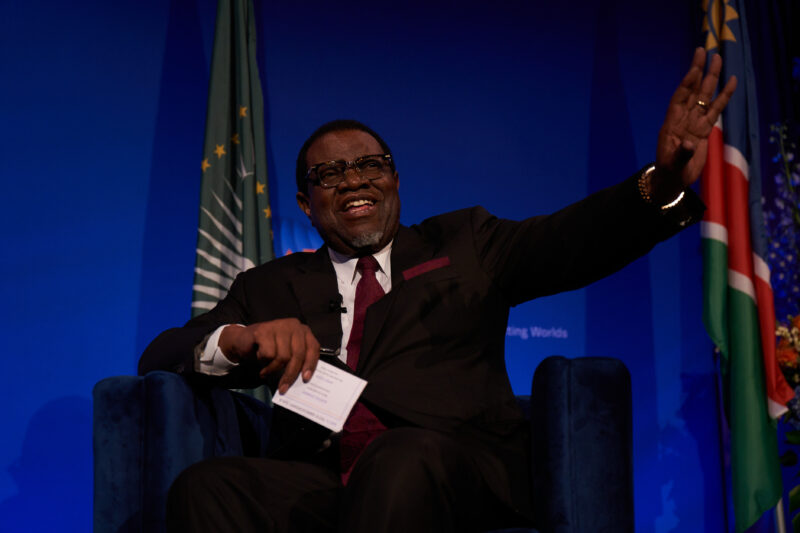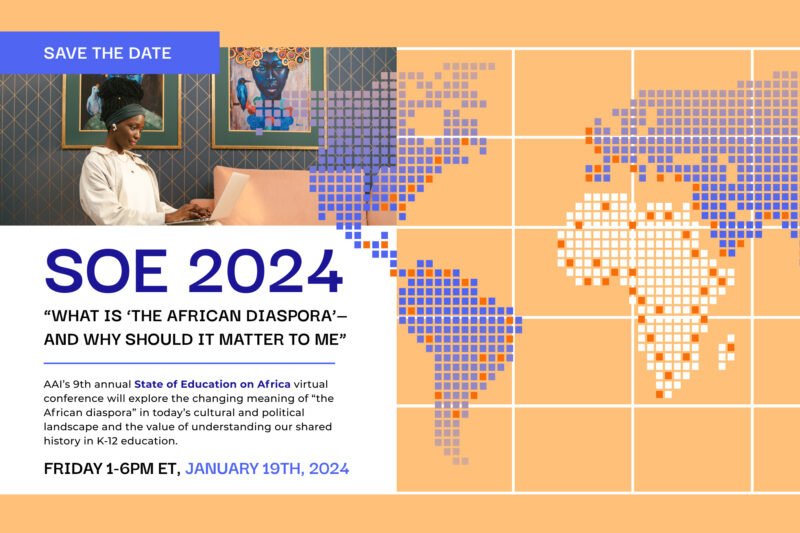Reflections on The U.S.-African Leaders Summit
Amid all of the pomp and circumstance, nearly 50 African Heads of State descended on Washington to attend a historic gathering with White House officials, Members of Congress, and U.S. business and civil society leaders to usher in a new era of stronger partnerships between the United States and the African continent.
The U.S.-Africa Leaders Summit opened against the backdrop of several African countries dealing with a troubling outbreak of the Ebola disease that has spread rapidly and ongoing conflicts. Yet, while we acknowledge that the challenges in Africa are immense, so are the tremendous opportunities.
As the largest event any U.S. President has held with African heads of state and government, the Summit could not have come at a better time in U.S.-Africa relations. With White House’s foreign policy priorities focusing largely on Afghanistan, Iraq, the European economic crisis and now the Middle East for the past six years, the United States has been left increasingly on the sidelines without a blueprint for strategic engagement with Africa.
Today, the “Africa space” is quite full. China, Brazil, and Turkey, among other countries have recognized the enormous opportunities in Africa, and are vying to become solid trade and investment partners.
The various high-level forums and panel discussions, receptions, and informal meetings that I have attended during the three-day summit, have given me hope that relations between the U.S. and African countries are being rekindled for the long-term.
However, the Summit is just the beginning of what we hope is a sustained relationship with Africa. Africa has much to offer the United States. With six of the world’s fast growing economies, Africa is coming to the table stronger than in previous years. The real impact will be in the follow up after the Heads of State are back home.
Here are three key areas that the U.S. and African governments need to invest in to expand prosperity and economic growth on the continent:
Firstly, African governments and U.S. development assistance must increase investments in education at all levels. I was gratified to hear President Barack Obama during the U.S.-Africa Business Forum on August 5, recognize Africa’s greatest resource — “its people and its talent and their potential”. President Obama stated: “We want to build genuine partnerships that create jobs and opportunity for all our peoples and that unleash the next era of African growth. That’s the kind of partnership America offers.”
In reality, US-sponsored academic scholarships and international training programs dramatically dropped in the 1990s and have never recovered to earlier levels. The organization that I lead, The Africa-America Institute (AAI) was founded in 1953 as African countries gained independence, to build human capacity in Africa by providing opportunities for African bright, promising students to pursue academic degrees at top universities in the United States in a wide range of fields. The U.S. government partnered with organizations like AAI to administer international scholarship programs that yielded far-reaching, sustainable returns. Our alumni became Africa’s leaders and managers in government, nonprofit organizations and the private sector. The continent sits at a pivotal time in history and needs an educated and skilled workforce to meet local and global market demands.
Secondly, the U.S. Congress must renew the Africa Growth and Opportunity Act (AGOA), the U.S.-Africa trade and investment law, which is set to expire in 2015. AGOA must be reauthorized to strengthen U.S. trade relations with African countries, but must include provisions for a 15-year extension to allow trade to flourish, and training to bolster human capital and enable eligible countries to increase their production of goods for American markets.
Thirdly, African nations must commit to building an empowered civil society. Educated and empowered citizens are the bedrock of every vibrant, thriving democracy around the globe. At the summit’s Civil Society Forum that I attended, US Secretary of State John Kerry noted that the most enduring relationships are not with one particular government in power. Indeed, strong institutions are more reliable and predictable than strong individuals. We must redouble our efforts to create stronger civil societies in Africa where its citizens are free to speak and be heard.
The U.S.-Africa Summit will breathe new life in a stalled relationship with between the United States and African nations. Let’s now ensure that it lasts.




